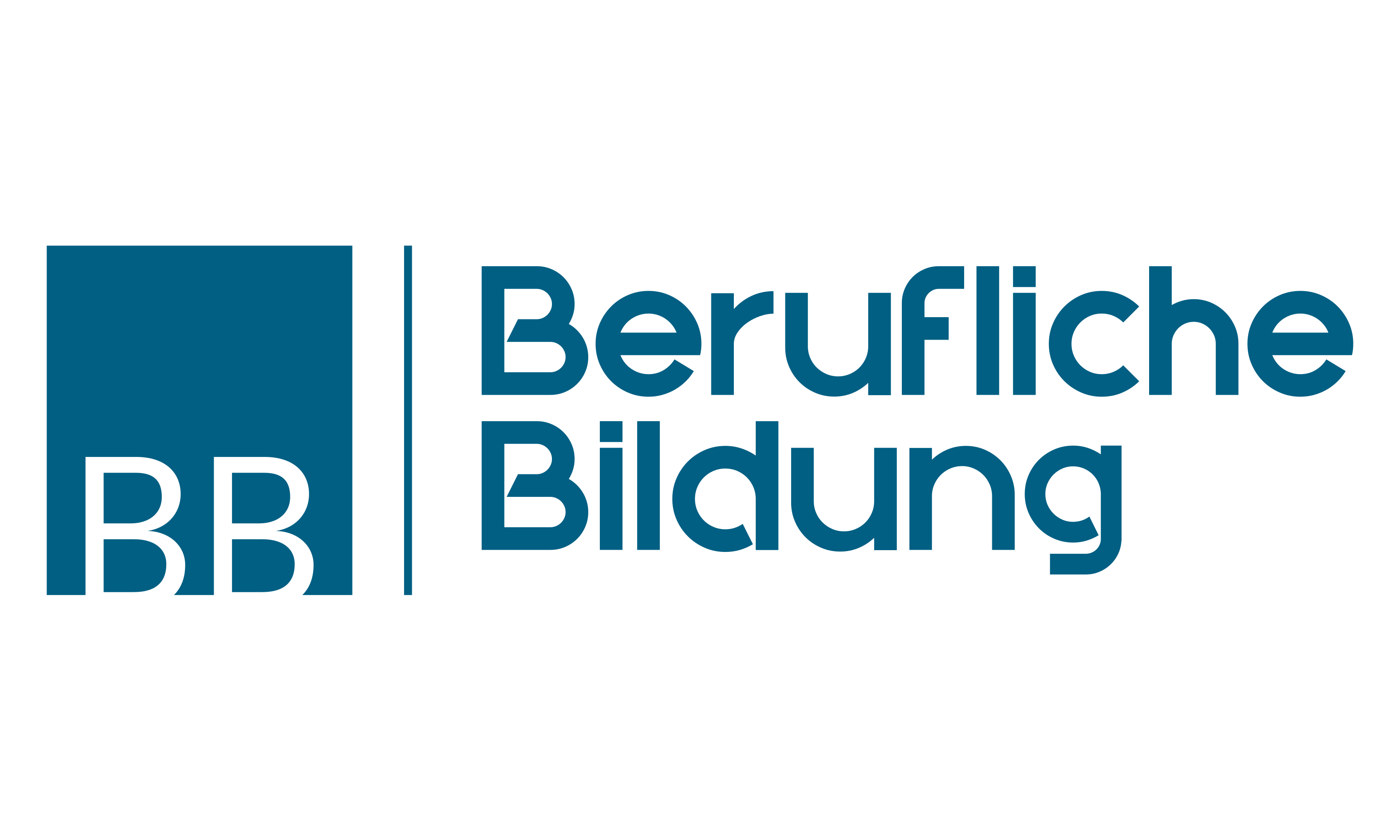- Financing of the study: Prof. Dr. Susan Seeber (own funds)
- Duration: 01.07.2024 – 31.12.2024
Nationwide survey to assess the democratic practices and attitudes of young adults in employment, education, and training, as well as democratic learning opportunities in the workplace and educational settings such as vocational schools, companies, and universities. For this purpose, young adults aged 18 to 35 were surveyed nationwide between July and September 2024 as part of an access panel (Bilendi) (n = 3,000).



